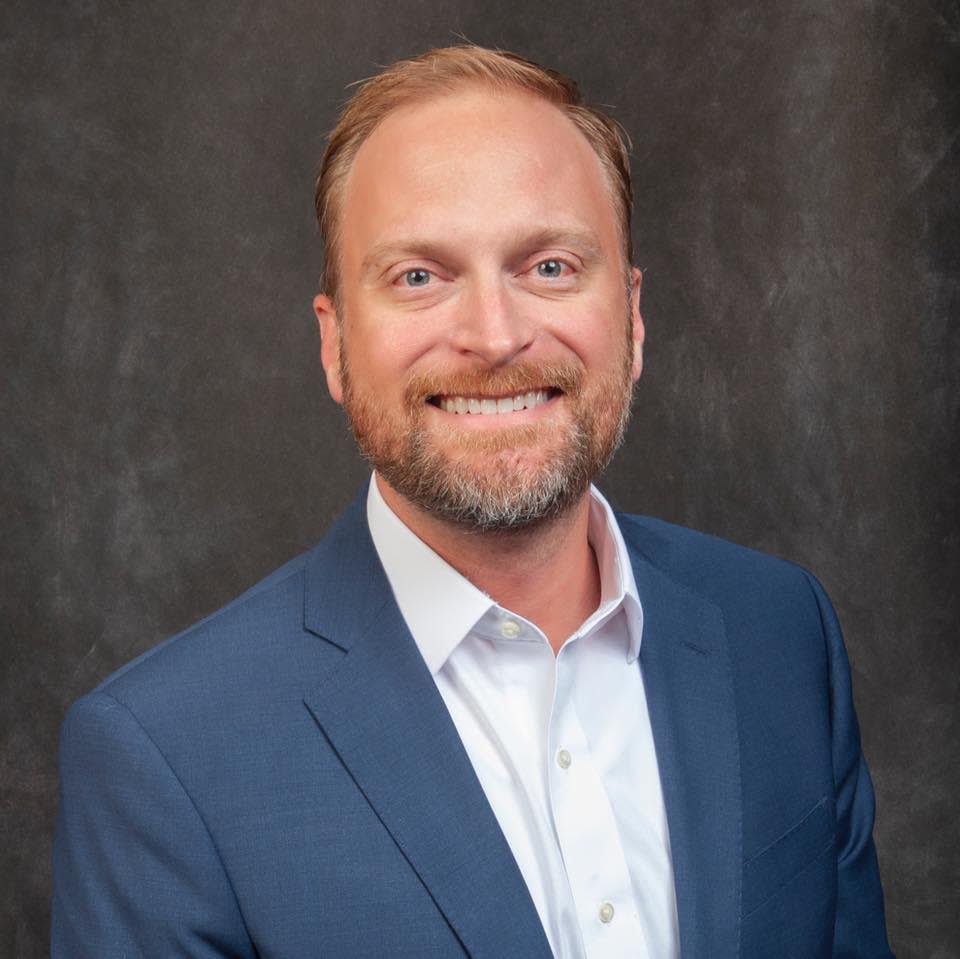Guest column: Solutions to poverty require a modern definition of success
In previous submissions, we elevated the importance of addressing poverty from both a human and economic perspective, agreed to pause a few counterproductive narratives and centered our approach around a family risking a collision with real poverty. We built a helpful construct to consider when looking at poverty through the boardgame "Chutes & Ladders," and identified core values, including the idea that we can simultaneously do the ‘right thing’ for our neighbors and the ‘fiscally responsible’ thing for taxpayers.
Now we can begin to discuss actual solutions to unlock the next great economic and cultural renaissance in America. It is important to define three types of poverty and agree that solutions should address one or more of them.
First, "Social Poverty" is identified as a lack of relationships or connections that support families in times of stress. These include emotional supports like a sympathetic shoulder on which to cry, as well as tangible supports like a ride to work, and importantly, a personal network for family, friends and community that can help one find a better job or quality child care. Connectedness is critical as we consider multi-generational poverty, as what may seem like singular small benefits from a person’s social network, when compounded over time, can make a transformative difference to a family’s life.
"Resource Poverty" is most evident when overcoming individual challenges utilizing locally available resources. In many communities, there is simply a lack of services available for people to meet their basic needs. For example, healing from mental illness is more difficult when living in a community without mental health providers or trying to work full time in a city with few child care options. Resource Poverty is typically geographic resulting in high concentrations of poverty in communities lacking adequate resources.
Third, "Economic Poverty," the lack of sufficient financial resources for a family to meet their daily needs, is the most commonly considered form of poverty.
In today’s typical government system, success is defined by the ability to execute on transactions with speed and without errors. While efficiency is important for organizations, we have lost sight of success to those we serve. When a person walks into an office for help with food, success is in elimination of that day’s hunger, yet real success is more closely tied to individual and family economic independence and the future lack of reliance on these resources for assistance.
In a previous column, we discussed that people don’t want to be hungry or homeless and that they have an instinctual desire to reach their own definition of success. Education and employment pathways and related success outcomes must be developed in multi-billion-dollar safety net systems, as these systems are generally blind to those outcomes.
With economic independence as the goal, we must also understand that many of our neighbors are not currently positioned to walk that path. Many Americans require relatively little assistance to move towards self-sufficiency, yet for others a childhood filled with toxic stress, mental illness or acute substance use disorder prevent them from working immediately. Modernizing the definition of success to utilize "family and career success plans" instead of transaction-centered outcomes incentivizes systems to transition from transactional to relationship building ― solving basic needs first, then moving to long-term solutions grounded in purpose.
We must also build technology that monitors community level data, allowing decisionmakers the insight needed to deploy previously successful interventions in areas of the worst results. Without a real understanding of what is truly important and technology to provide close to real-time information, systems will retain defensive postures, delayed responses and ineffective strategies.
Although cities and states across America are different, I believe that the first step in addressing poverty is developing a national set of targeted outcomes and metrics. This will allow states to act as laboratories, launching potential solutions and informing the entire system as to what interventions have yielded the best results. This work is just plain hard, but our nation was built on hard work and the belief that each of us has a fundamental right to pursue happiness.

Justin Brown is Oklahoma's secretary of human services. He has been addressing poverty in a series of guest columns in Viewpoints.
This article originally appeared on Oklahoman: Guest: Solutions to poverty require a modern definition of success

